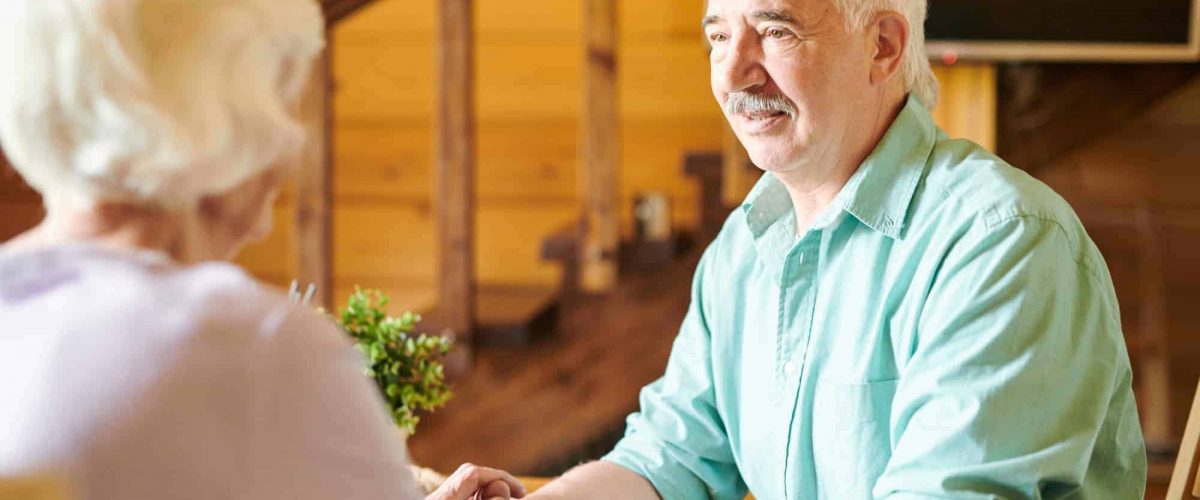Deciding care for life’s final stage can be difficult. Along with the roller coaster of uncertainty and emotions, the complexity of medical options makes it further daunting to make the right decisions.
However, the good news is that hospice care agencies are widely available and offer pain and symptom management treatment.
If you or a loved one has been desirous of comforting and soothing care for end-of-life purposes, hospice care is a great option.
Hospice services are regulated at the state and national level and are usually covered by Medicare and other health insurance companies.
Life’s Final Stage Care – Reaching Out To Hospice Specialized Care
When a patient realizes that the end of life is approaching due to a terminal condition or illness, their perspective on the world is bound to change.
Since the illness cannot be cured by any known treatment or managed indefinitely by any known treatment plan, the focus of healthcare begins to change.
Instead of thinking about aggressive or invasive treatments like surgeries, strong antibiotics, or chemotherapy, other aspects of treatment become more important, such as compassionate pain management and improved quality of life during the final days of the person’s life.
This is what hospice is about. Hospice care is a form of end-of-life care that focuses on these other aspects of treatment that can bring comfort to the patient and the patient’s family during these times.
When Should You Consider Hospice Care Option
When it has become apparent that an illness is not responding to treatment. Or that it is terminal and that a cure is not available. At this moment, it may be time to initiate a hospice care program.
All too often, people perceive the idea of hospice care as a form of “giving up hope,” and for that reason, they will not discuss the possibility of using this care until the last stages of the illness.
However, hospice care does not mean “giving up” at all. It simply means that the focus of care has shifted so that the emphasis is then placed on the patient’s comfort and quality of life, rather than an aggressive treatment that may also be painful and debilitating.
If a patient’s condition begins to improve, the option to choose another form of more aggressive treatment always remains available, and the treatment options can be reevaluated and changed at that time.

Hospice Care Offers Bereavement Assistance
Bereavement care is also a part of hospice care given to the deceased patient’s family members or loved ones after they die.
Hospice care professionals are trained to help the survivors through the grieving process.
Similarly, hospice services also provide counseling and emotional support to the family during those difficult times immediately following the patient’s death.
Furthermore, these trained professionals can also recommend other ongoing services such as support groups whose members have also experienced a recent loss.
Talking with others and staying connected plays an essential role in helping the survivors of a deceased hospice patient get through the grieving process healthily and with the necessary support to allow the person to heal during this difficult time.
Conclusion
When a person is in their life’s final stages, hospice care is typically appropriate care to consider.
But it would help if you had a physician or team of healthcare experts agree that the person in question has a life expectancy of six months or less and is not responding to curative treatment.
Hospice care aims to make the final stages of a person’s life as painless as possible.
Our hospice care is done by providing medications and other medical supplies needed to reduce pain and discomfort.
If you are thinking of making the most of your life’s final stage positive, hospice care is the best option to employ.
Likewise, if you’re interested in learning more about life’s final stages and hospice care services, contact Ameriprime Hospice today by calling (972) 590-8912 or by booking a free discovery call online by clicking here.
References:




